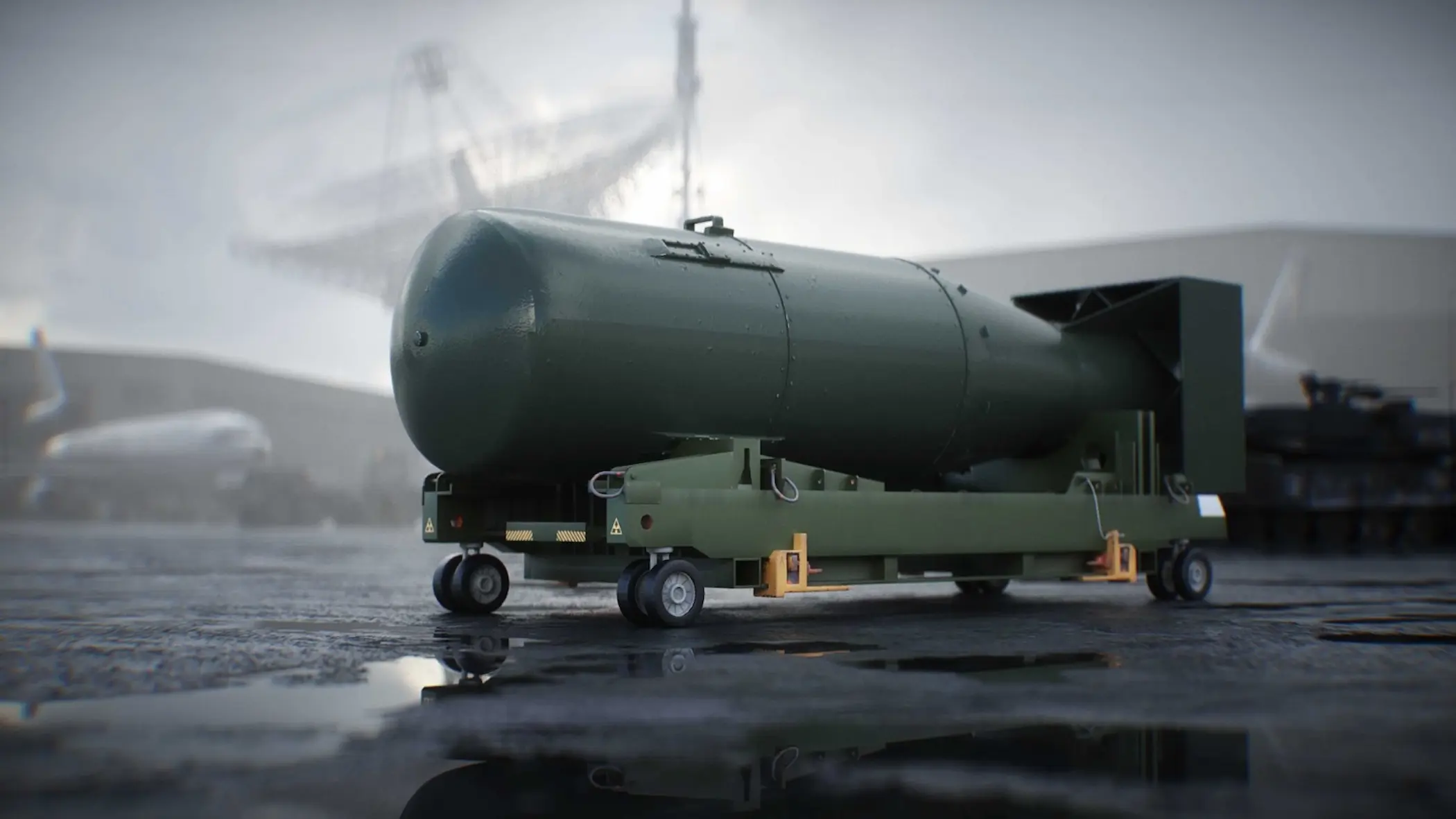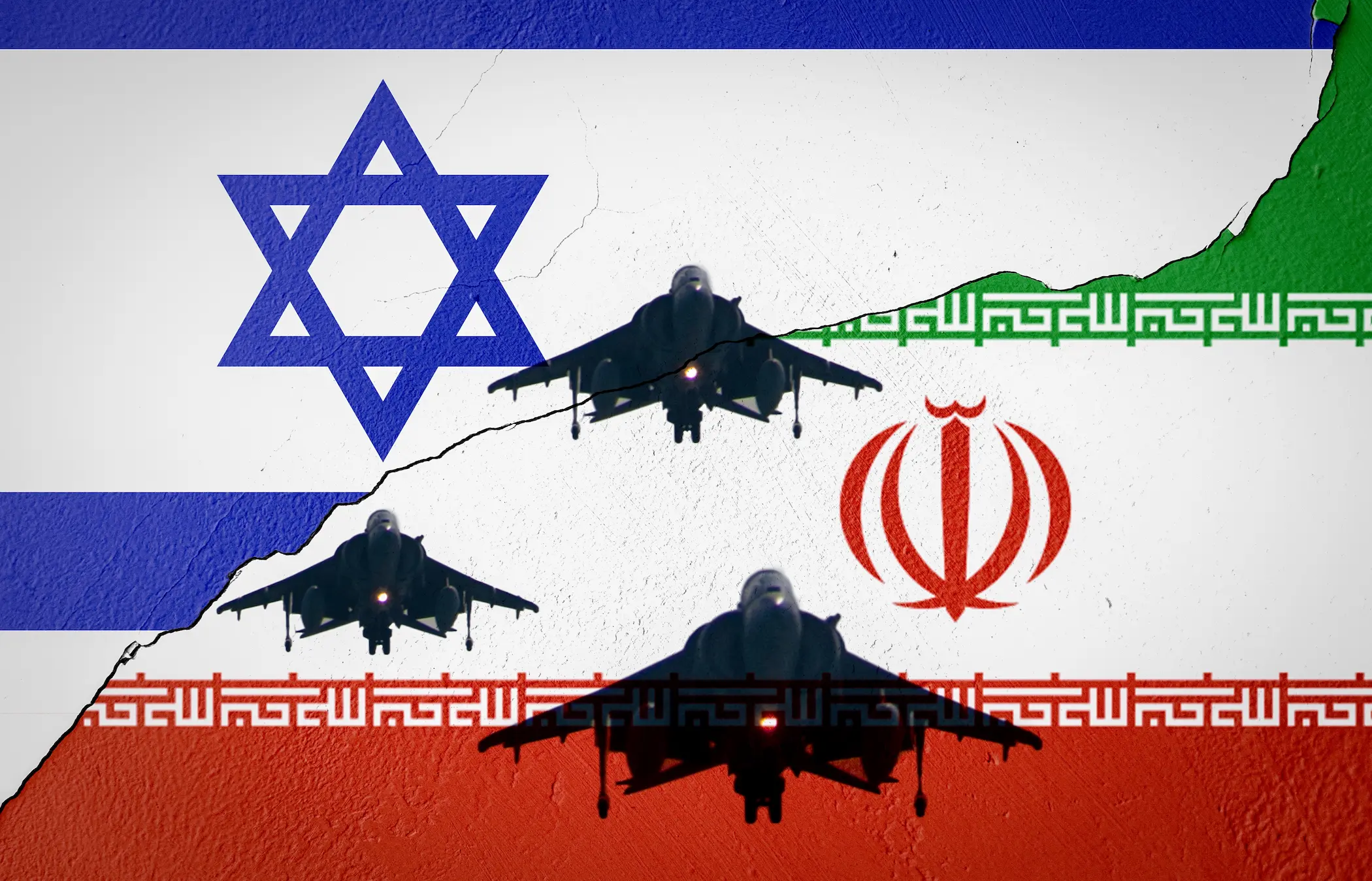7 Nov 2025
The Obsolescense of the Nuclear World Order?
The global world order is based on a solid, yet fragile foundation. While it is solid for being intact for decades with systems and organisations built around it, its fragility stems from the inability to predict the reason that will one day blow it up. Nuclear weapons constitute a cornerstone in this world order; those who possess the fatal weapon, “the nuclear bomb,” among other capabilities, are the ones who dictate the rules of the game. What is important to ask now is: with the huge advancements in science taking place every day, will nuclear weapons become obsolete?
Scientists have discovered ways of genome editing by which cells negatively affected by ionized radiation can be detected, repaired, and even engineered to become immune to radiation entirely. This raises profound uncertainties about the future. If the destructive power of nuclear weapons can be neutralized at the biological level, the foundation of nuclear dominance may begin to erode. This leaves us facing a series of difficult questions. Would the traditional leverage of nuclear powers still hold? If weapons of mass destruction (WMD) lose their strategic value, will a new form of deterrence take shape, or will the very concept of deterrence fade? Who might emerge as the next global power, and by what tools or technologies will influence be asserted? And perhaps most importantly: would today’s nuclear states allow such a transformation, or resist it fiercely to preserve their status?
15 Jun 2025
Why Did Iran Fail to Repel Operation Rising Lion?
Operation Rising Lion, executed by Israel on June 13, 2025, constituted a lightning strike aimed at crippling the very core of Iran's nuclear and military infrastructure. Israeli Prime Minister Benjamin Netanyahu characterised this pre-emptive operation as a necessary measure to "roll back the Iranian threat to Israel's very survival," drawing upon the Begin Doctrine previously brought to bear in analogous strikes against Iraq in 1981 and Syria in 2007. The operation's objectives were marked by strategic multiplicity and diversity, encompassing the targeting of numerous nuclear facilities, alongside senior Iranian military commanders and nuclear scientists, in an endeavour to inflict maximum damage upon Iran's military and nuclear capabilities. Israel's intent was not merely confined to disrupting the nuclear program; it extended to undermining Iran's capacity to mount retaliatory assaults and to fend off future waves of Israeli attacks.
The timing of the Israeli operation came on the heels of a meticulous assessment by the Israeli leadership, which had concluded that Iran was on the cusp of achieving a dangerous breakthrough in its pursuit of nuclear weaponry, thereby necessitating the exploitation of a narrow temporal window before Iranian nuclear facilities became either too advanced or too robustly protected. In this context, this analysis aims to delve into the rationale underpinning the operation, to account for Tehran's apparent failure to parry the assault effectively, and to examine the attack's repercussions on Iran's domestic landscape. Furthermore, it seeks to investigate the potential pathways Iran might pursue to reconstitute its deterrent capability.

